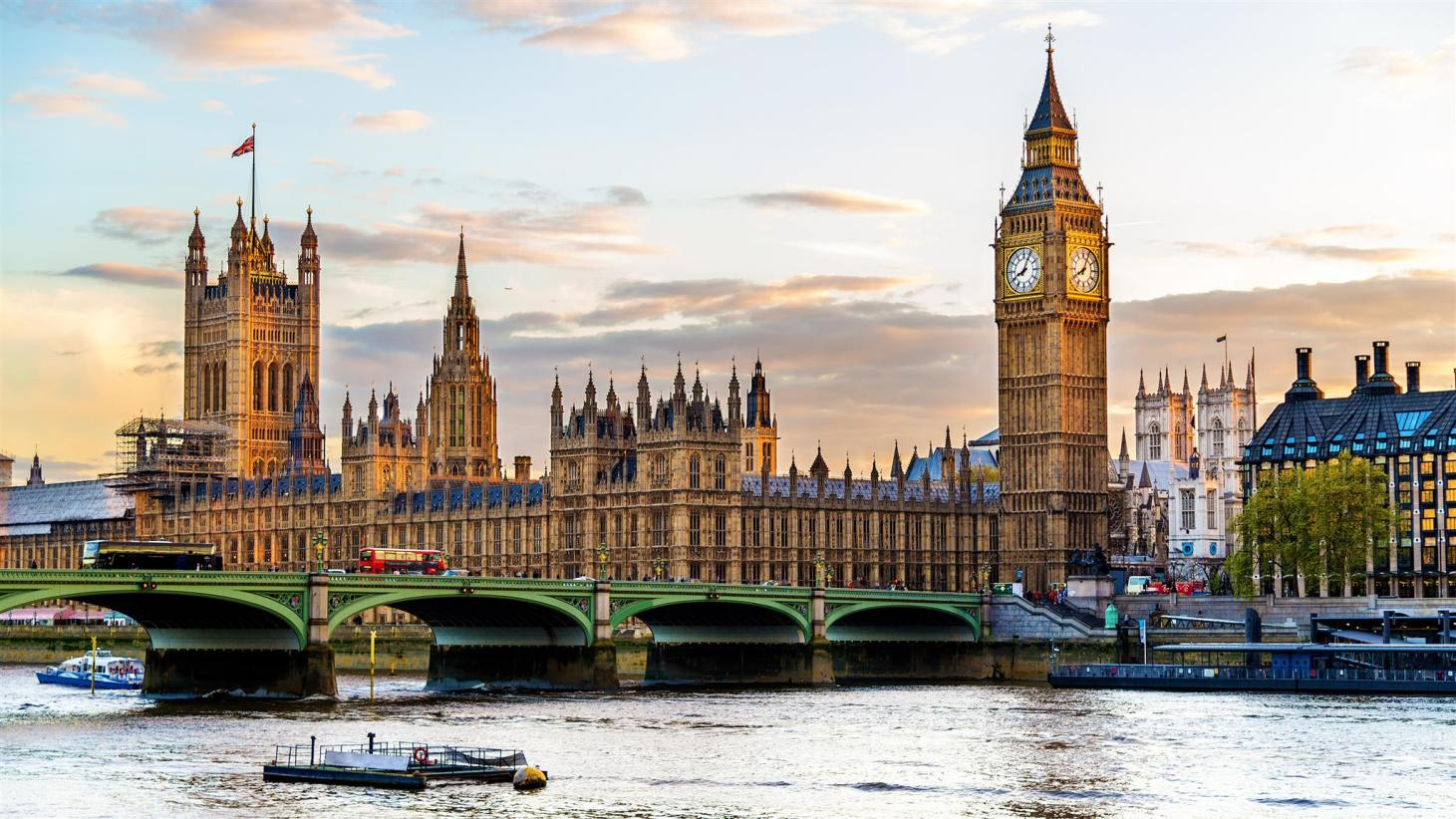UK universities are well-known for their strong academic reputation, providing a wide range of courses that have consistently attracted a large number of international students over the years. Studying in the UK emphasizes a strong academic focus and offers a distinctive experience alongside top-notch education.
British schools have a rich history of delivering top-notch education and are renowned for their outstanding quality. The UK has a highly regarded higher education system that appeals to numerous international students who are looking for exceptional quality. British institutions have a significant impact on nurturing professional growth and creating important student connections.
Some of the Top Universities in the UK:
- Aston University: is located in Birmingham, the largest and well-known city.
- Nottingham University: is located in the city of Nottingham, is one of the biggest educational institutions in the UK.
- Bournemouth University is in the southwest of England, which helps students occupy a career or a profession in the work field.
- Queen Mary University: located in London, is a research-led university.
University Requirements for International Students in the UK:
Like all universities, UK universities typically demand a set of documents for their application process, whether submitted online or by mail, depending on the university. Here are some commonly required documents:
- A copy of a valid passport or another accepted form of ID
- Two or more recent photographs, as per the university's specifications
- Certificates or diplomas from previous academic studies
- High school and/or other degree transcripts
- Evidence of English language proficiency (refer to the section above for details)
- Personal statement or letter of motivation
- Recommendations and reference letters
- SAT/ACT scores (for specific degree programs)
- Proof of financial means to support your studies
- Student visa
- CVs or portfolios, depending on the degree program
English Requirements for UK Universities:
To apply to a UK university, you must show exceptional language skills if English is not your first language. UK universities want students who possess the ability to communicate and understand the course content presented during lectures, enabling them to excel in their academic pursuits.
UK universities accept a range of standardized English tests. The IELTS is mainly utilized in the UK because of its origin in British academia; however, other standardized tests such as the TOEFL or UCLES are also deemed acceptable. When taking these tests, it is crucial to achieve an excellent score, as language proficiency serves as both a prerequisite for advancing in the application process and a means of earning additional points for your application.
The results of the language proficiency exam that the majority of UK universities generally accept are as follows:
For the IELTS exam, a score ranging from 6.0 to 7.5 is required, which may vary based on the level of study and program. For TOEFL, a minimal score ranging from 90 to 110, depending on the level of study and program requirements.
University Tuition Fees for International Students in the UK:
The following are the average tuition fees for each type of degree annually, but the fee may reach up to $77935 for medical degrees.
- Bachelor’s Degree: $12693-$25386
- Master's Degree: $12693-$25386
- Ph.D. Degree: $19039-$30463
English Language Courses:
English language courses in the UK offer flexible durations, ranging from one week to a year, depending on the student's proficiency level. These courses provide comprehensive instruction in all four language skills: reading, listening, speaking, and writing.
Students have the freedom to select their preferred university for language studies. Alternatively, they can choose a language center as long as it has received full approval and accreditation from the UK government and educational authorities.
 Universities In Australia
Universities In Australia  Universities In Canada
Universities In Canada  Universities In Germany
Universities In Germany  Universities In Ireland
Universities In Ireland  Universities In Jordan
Universities In Jordan  Universities In New Zealand
Universities In New Zealand  Universities In Saudi Arabia
Universities In Saudi Arabia  Universities In United Kingdom
Universities In United Kingdom  Universities In United States Of America
Universities In United States Of America 















